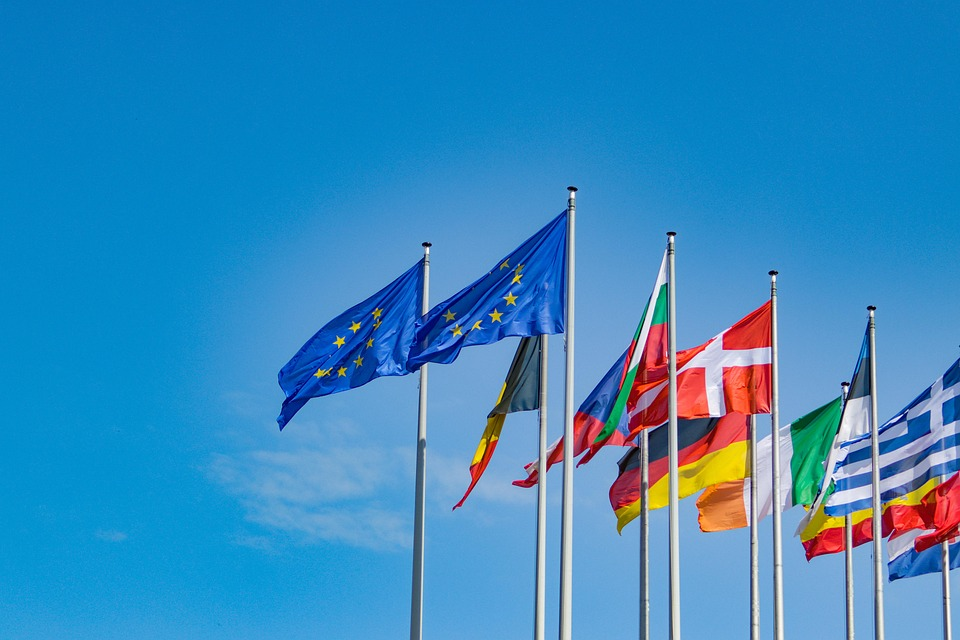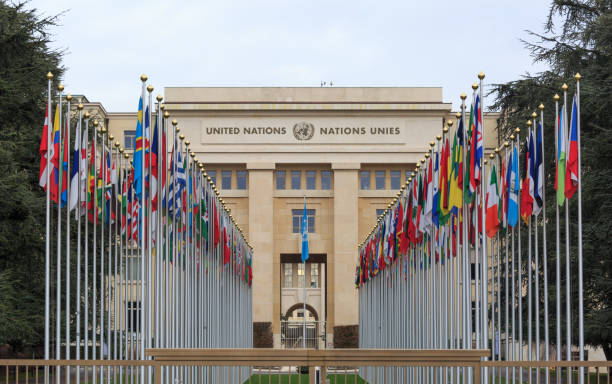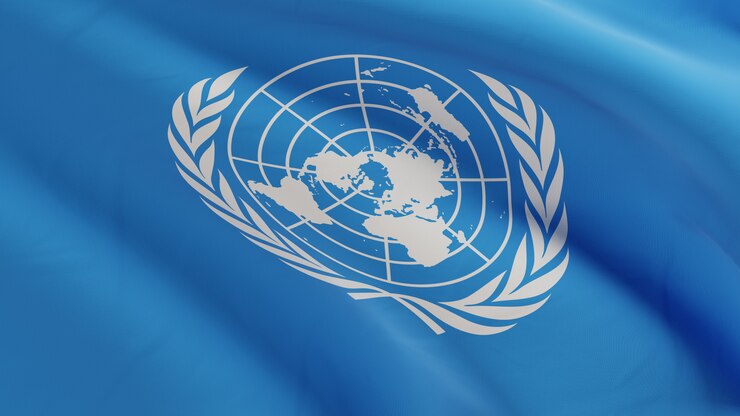By Lydia Chatzopoulou,
Nowadays, it is widely known that we live in a world that challenges us every day. From simple tasks to the exact place we live in, things happen sometimes beyond our control. Specifically, taking one of the worst-case scenarios, the psychological and even physical trauma that a war can cause to a person is pretty evident. Are there any ways that a potential conflict between two or more countries can be prevented? The answer is yes, especially through organizations that have been established from the end of the Cold War until now, and their primary goal: A peaceful world. And that is where the United Nations come into play. Established in 1945, the UN has always looked forward to promoting security, protecting human rights and balancing different policies and ideologies between the countries by deploying in conflict zones and therefore maintaining peace (Namibia 1989, Liberia 2003).
Most studies have shown that the UN’s strategies have been tested, which results in a positive impact on their main agenda problems. The main plan is basically analyzing, identifying and finally reviewing the main factors that result in collision or perhaps violent, inhumane and forceful activities. The wide variety of their systemic collection and management of the actions, under their control, would definitely improve the effectiveness of peace operations (protecting civilians, prevention of never-ending violent conflicts, peace, security, the role of headquarters and other international actors). History has shown that the UN has overcome difficult differences that have appeared mainly between its members. The five permanent veto members it consists of (United States, Russia, China, United Kingdom, France) have been able to balance their differences and somehow agreed on common security issues and on the requests they have made. We should keep in mind that the veto reflects post-WWII power structures. Weighted voting or perhaps reginal representation are excellent propositions alternative structures that should be considered. The United Nations Security Council is the main body in the prevention of war.

Going a little bit further, even though the UN has outstanding ambitious goals, filled with actual plans that can help in achieving the final aim, the last few years the mechanisms that have been proposed have not been effective, especially in the political parties of different countries that have been involved. The Security Council has not always been successful in preventing veto nations from pursuing their own agendas —an issue often seen as undemocratic. This has allowed these countries to block resolutions proposed by non-veto members, affecting the credibility and perception of both the UN and the UNSC. A possible solution could be reforming the UNSC to expand the veto system, making the Council more representative and inclusive of a broader range of countries.
Looking further into the debate of an effective conflict prevention, a vital role is played by other main global organizations such as the North Atlantic Treaty Organization (NATO) or the European Union (EU). NATO’s main key role is responding to potential security threats such as terrorist attacks while the European Union’s is the promotion of economic values, regional stability and free trade. NATO’s primary mission is the safety of its member countries through political and military means while it has also adapted to focusing on defense, stability and the encouragement of political control. Similarities can be seen with the EU’s role which extends to potential harm prevention and peacebuilding beyond its own borders. However, both of these organizations have definitely faced challenges that still persist. Even though they have contributed to Europe’s most peaceful and stabilized period, often referred to as “Pax Europaea”, attention is once again focused on the movements of the Russian army near NATO borders, leading to the need of strategic planning and organization in order to prevent another possible similar situation.
One last category, are the institutions responsible for factors excluding ones of a more diplomatic nature, such as the World Bank with a main goal of providing loans and assisting in times of financial crises or public health cooperation such as the World Health Organization (which prepares for health emergencies). It is crucial to understand that balancing and maintaining peace requires the collaboration of organizations that may have different targets. No single organization can maintain peace alone and therefore a coordinated approach and consistent policies are needed in order to achieve the final goal, which is of course global peace and diplomatic relations between the countries.

To put the aforementioned in a nutshell, international organizations are a must-have in our world. Without them many issues would be faced globally in every aspect possible (environmental, economic, health, peace, security) and that is the reason it is so crucial that new solutions, ideas and plans are needed. The United Nations, as a center and a common goal to all the others that have started their journey, has room for improvement, in order to achieve as many tasks and pass as many resolutions as possible. History has shown that. The alliances that can be made between all the category organizations mentioned above is vital for the union and the long term peace process. The UN’s inability to react to the emerging damages, clearly shows that there’s always room for transparency and development among the countries.
References
- Are UN Peace Operations Effective? reliefweb. Available here
- How Successful Has the UN Been in Marinating International Peace and Security? E-International Relations. Available here
- Ana E. Juncos & Steven Blockmans. “The EU’s role in conflict prevention and peacebuilding: four key challenges”. Global Affairs (v) 4. p. 131-140.
- Ukraine cease-fire will send thousands of Russian troops to NATO borders, Baltic states warn. New York Post. Available here




